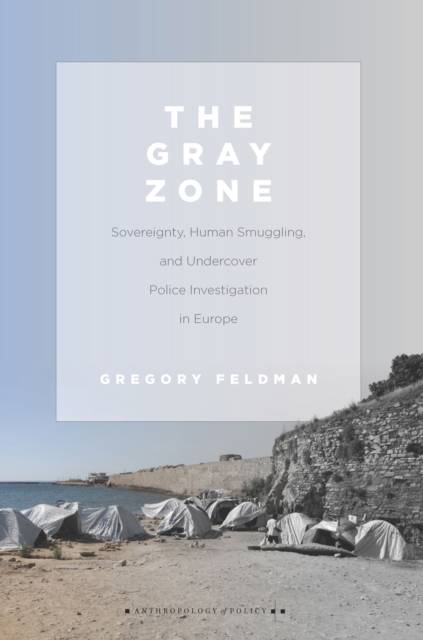
- Retrait gratuit dans votre magasin Club
- 7.000.000 titres dans notre catalogue
- Payer en toute sécurité
- Toujours un magasin près de chez vous
- Retrait gratuit dans votre magasin Club
- 7.000.000 titres dans notre catalogue
- Payer en toute sécurité
- Toujours un magasin près de chez vous
The Gray Zone
Sovereignty, Human Smuggling, and Undercover Police Investigation in Europe
Gregory FeldmanDescription
Based on rare, in-depth fieldwork among an undercover police investigative team working in a southern EU maritime state, Gregory Feldman examines how "taking action" against human smuggling rings requires the team to enter the "gray zone", a space where legal and policy prescriptions do not hold. Feldman asks how this seven-member team makes ethical judgments when they secretly investigate smugglers, traffickers, migrants, lawyers, shopkeepers, and many others. He asks readers to consider that gray zones create opportunities both to degrade subjects of investigations and to take unnecessary risks for them. Moving in either direction largely depends upon bureaucratic conditions and team members' willingness to see situations from a variety of perspectives. Feldman explores their personal experiences and daily work in order to crack open wider issues about sovereignty, action, ethics, and, ultimately, being human. Situated at the intersection of the EU migration apparatus and the global, clandestine networks it identifies as security threats, this book allows Feldman to outline an ethnographically-based theory of sovereign action.
Spécifications
Parties prenantes
- Auteur(s) :
- Editeur:
Contenu
- Nombre de pages :
- 240
- Langue:
- Anglais
- Collection :
Caractéristiques
- EAN:
- 9781503607651
- Date de parution :
- 08-01-19
- Format:
- Livre broché
- Format numérique:
- Trade paperback (VS)
- Dimensions :
- 152 mm x 226 mm
- Poids :
- 362 g







